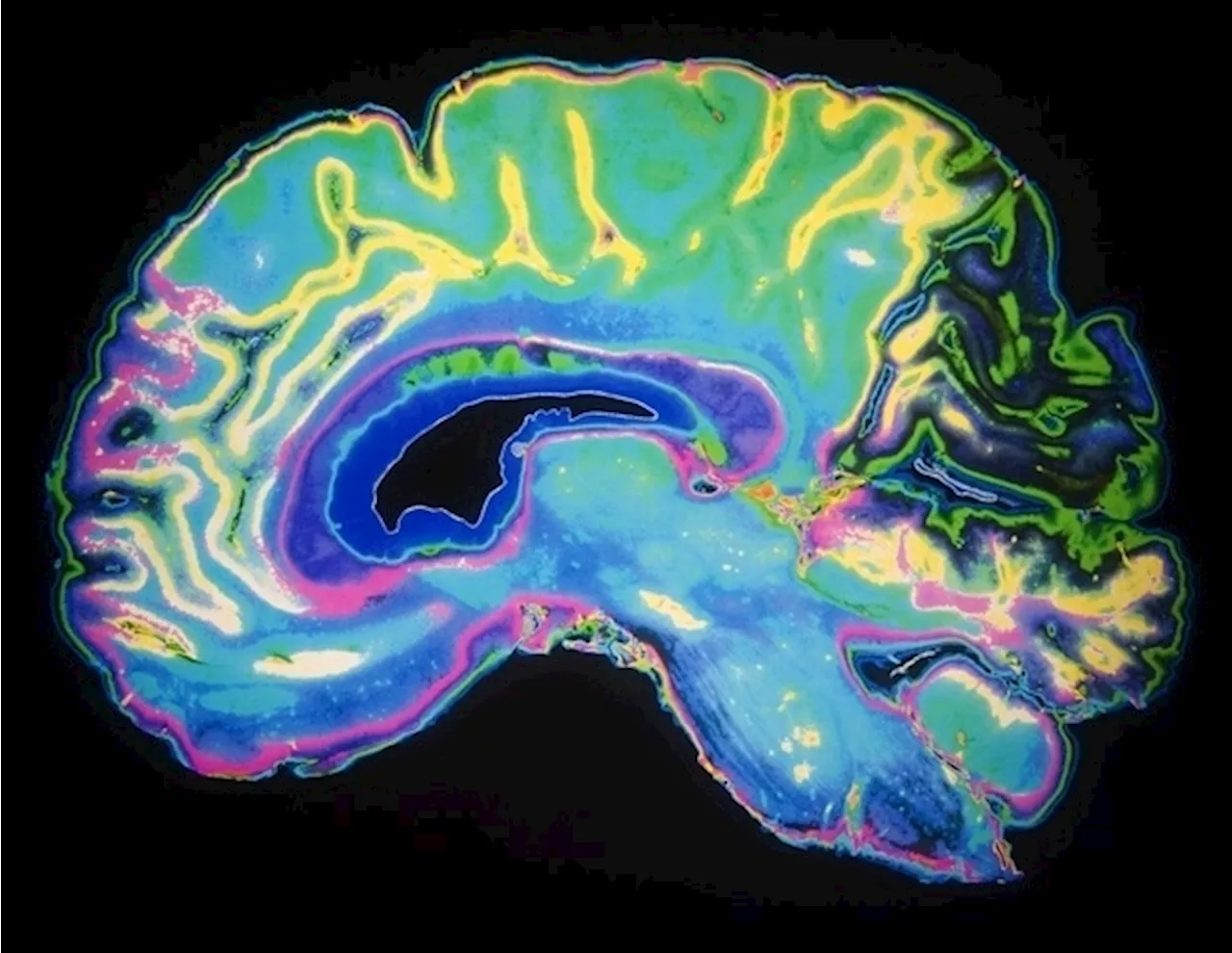Researchers from The University of Texas at Arlington and the University of California–San Francisco have used a new brain-mapping technique to identify memory-related brain cells vulnerable to protein buildup, a key factor in the development of Alzheimer's disease, an incurable, progressive brain disorder that slowly destroys memory and thinking...
University of Texas at ArlingtonMar 6 2025 Research ers from The University of Texas at Arlington and the University of California–San Francisco have used a new brain-mapping technique to identify memory-related brain cells vulnerable to protein buildup, a key factor in the development of Alzheimer's disease, an incurable, progressive brain disorder that slowly destroys memory and thinking skills.
To understand why certain parts of the brain are more affected by Alzheimer's disease, researchers focused on tau, a protein that accumulates in brain cells and disrupt normal activity. Using the MISS mapping technique, which profiled approximately 1.3 million cells, the research team created detailed maps of different cell types in the brains of mice. They compared these maps to areas where tau builds up to identify which cell types are most affected.
The study also found that the distribution of different cell types in the brain may better predict where tau accumulation occurs than genetic factors alone. This implies that the types of cells present in different brain regions may be more important than Alzheimer's-related genes in determining vulnerability to tau.
Alzheimer's Disease Cell Cortex Dementia Genes Hippocampus Neurons Protein Research
United Kingdom Latest News, United Kingdom Headlines
Similar News:You can also read news stories similar to this one that we have collected from other news sources.
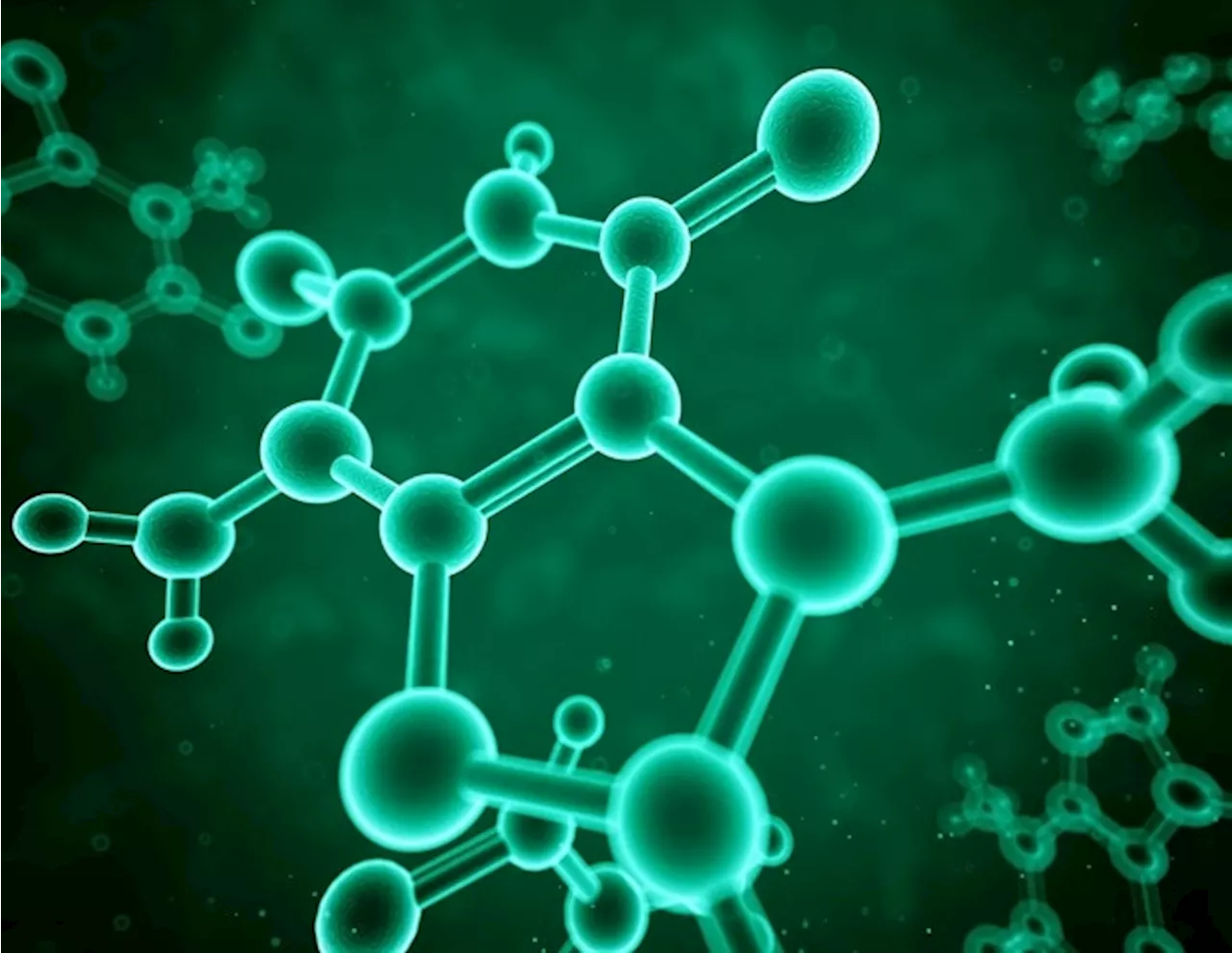 University of Liège Researchers Discover New Mechanism Regulating Immune Response to ParasitesResearchers at the University of Liège have uncovered a previously unknown mechanism that regulates the immune response against parasites. During a parasitic infection, specific immune cells, known as virtual memory T cells (TVM), become activated and express a surface molecule called CD22, which prevents an excessive immune reaction. This discovery could help in better-controlling inflammation and improving immune responses to infections.
University of Liège Researchers Discover New Mechanism Regulating Immune Response to ParasitesResearchers at the University of Liège have uncovered a previously unknown mechanism that regulates the immune response against parasites. During a parasitic infection, specific immune cells, known as virtual memory T cells (TVM), become activated and express a surface molecule called CD22, which prevents an excessive immune reaction. This discovery could help in better-controlling inflammation and improving immune responses to infections.
Read more »
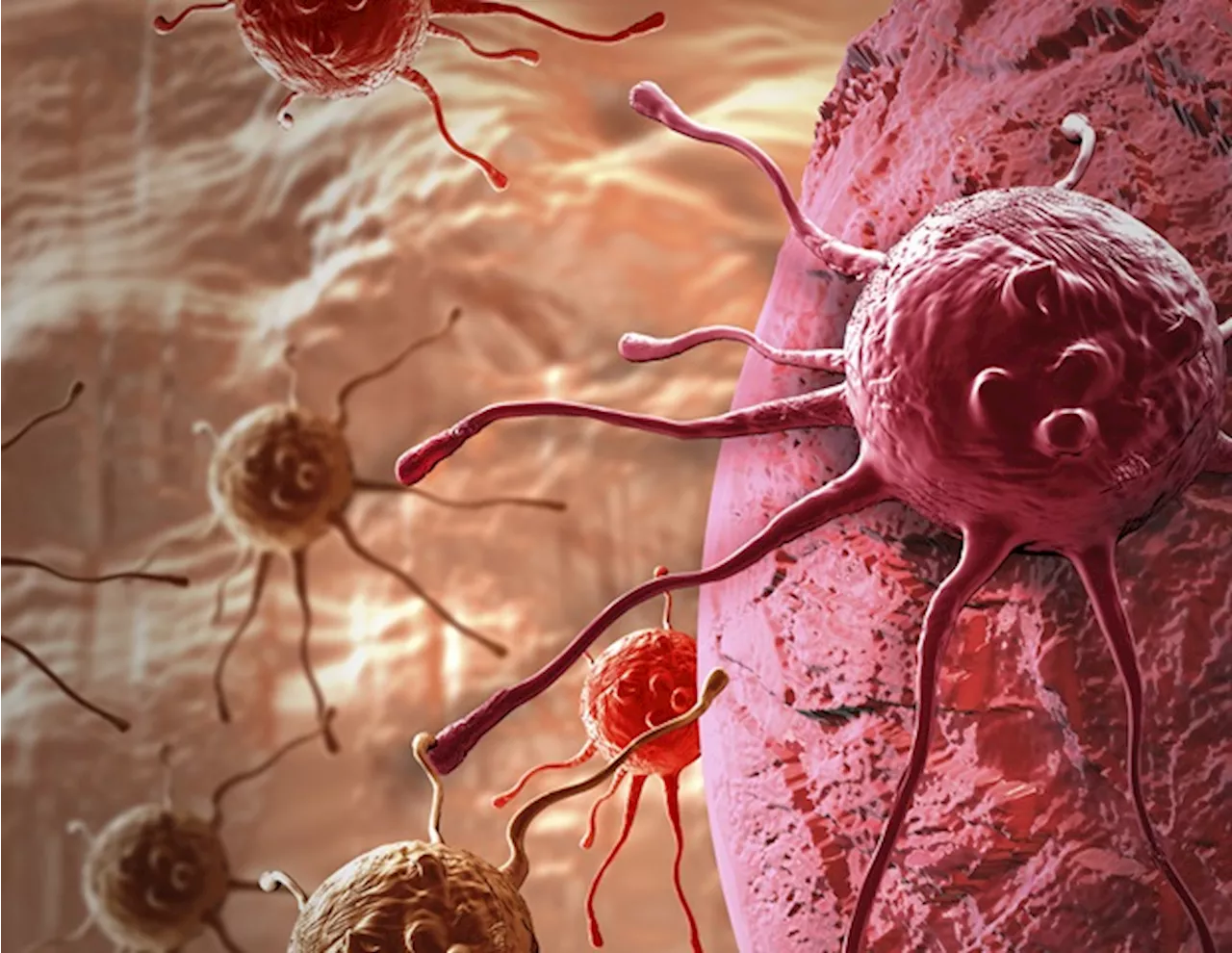 Osaka University Researchers Develop New Technique to Understand Treg Function in Immune SystemA team at Osaka University has developed a novel method called scSPOT that allows scientists to study the complex interactions between regulatory T cells (Tregs) and other immune cells. This breakthrough could lead to the development of new treatments for cancer and other diseases.
Osaka University Researchers Develop New Technique to Understand Treg Function in Immune SystemA team at Osaka University has developed a novel method called scSPOT that allows scientists to study the complex interactions between regulatory T cells (Tregs) and other immune cells. This breakthrough could lead to the development of new treatments for cancer and other diseases.
Read more »
 Nagoya University Researchers Develop New mRNA Technology for Targeted Protein SynthesisHiroshi Abe and his team at Nagoya University have developed a novel method called Internal Cap-Initiated Translation (ICIT) that allows for precise control of protein synthesis in target cells. This breakthrough utilizes circular mRNA, known for its stability and reduced inflammatory effects, and introduces an internal cap structure to enhance translation efficiency. ICIT has the potential to revolutionize mRNA medicine by enabling the production of healthy proteins for treating diseases like Duchenne muscular dystrophy or toxic proteins for selectively killing cancer cells.
Nagoya University Researchers Develop New mRNA Technology for Targeted Protein SynthesisHiroshi Abe and his team at Nagoya University have developed a novel method called Internal Cap-Initiated Translation (ICIT) that allows for precise control of protein synthesis in target cells. This breakthrough utilizes circular mRNA, known for its stability and reduced inflammatory effects, and introduces an internal cap structure to enhance translation efficiency. ICIT has the potential to revolutionize mRNA medicine by enabling the production of healthy proteins for treating diseases like Duchenne muscular dystrophy or toxic proteins for selectively killing cancer cells.
Read more »
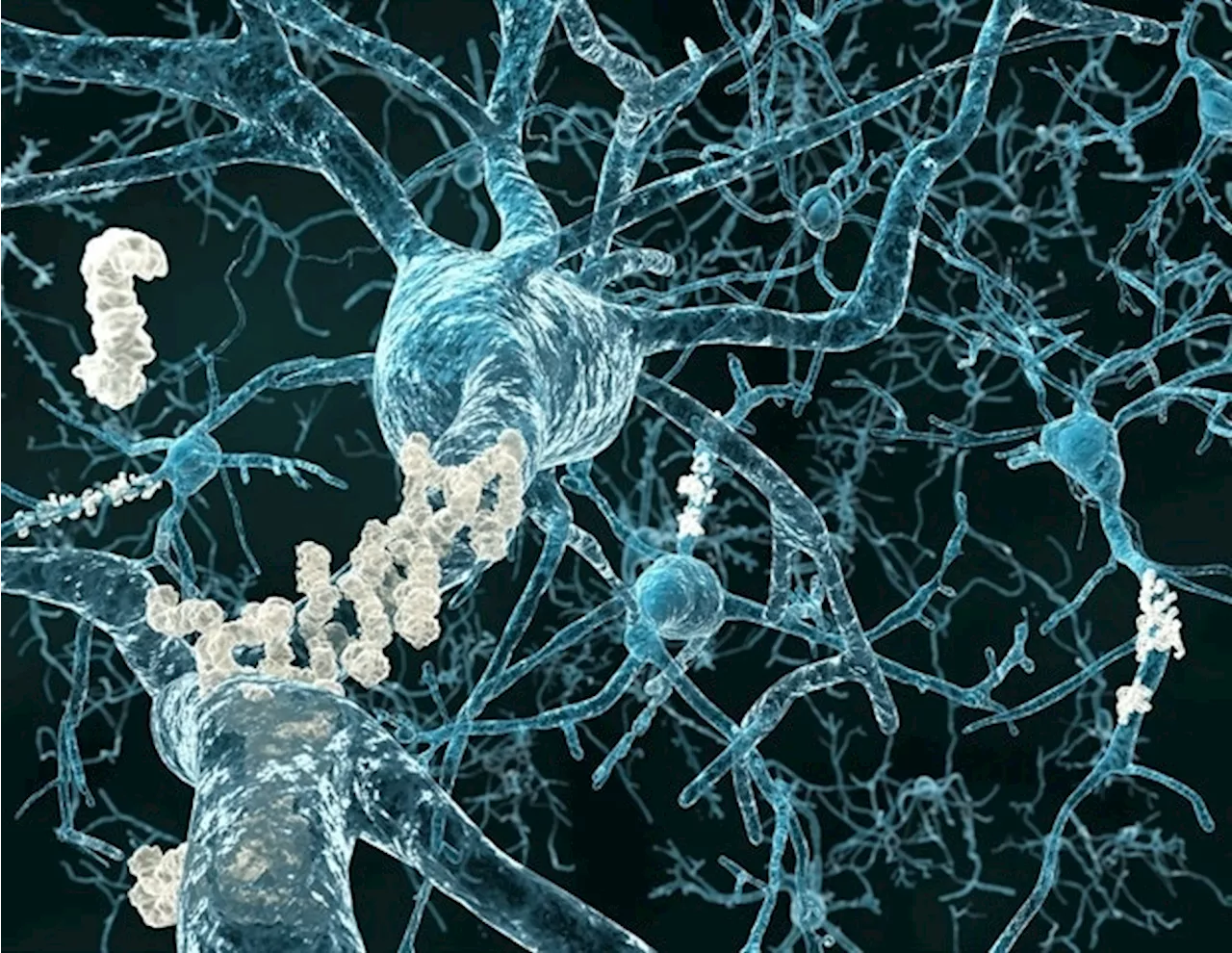 ASU researchers propose a unifying explanation for molecular chaos driving Alzheimer's diseaseIn a groundbreaking theory, scientists at Arizona State University's Biodesign Institute propose a unifying explanation for the molecular chaos driving Alzheimer's disease.
ASU researchers propose a unifying explanation for molecular chaos driving Alzheimer's diseaseIn a groundbreaking theory, scientists at Arizona State University's Biodesign Institute propose a unifying explanation for the molecular chaos driving Alzheimer's disease.
Read more »
 Researchers highlight limited use of valuable screening tools for Alzheimer’s and other dementiasDespite the potential benefits of early detection and increasing treatment options for Alzheimer’s disease and related dementias, there is limited use of valuable screening and testing tools, say researchers at the University of Michigan.
Researchers highlight limited use of valuable screening tools for Alzheimer’s and other dementiasDespite the potential benefits of early detection and increasing treatment options for Alzheimer’s disease and related dementias, there is limited use of valuable screening and testing tools, say researchers at the University of Michigan.
Read more »
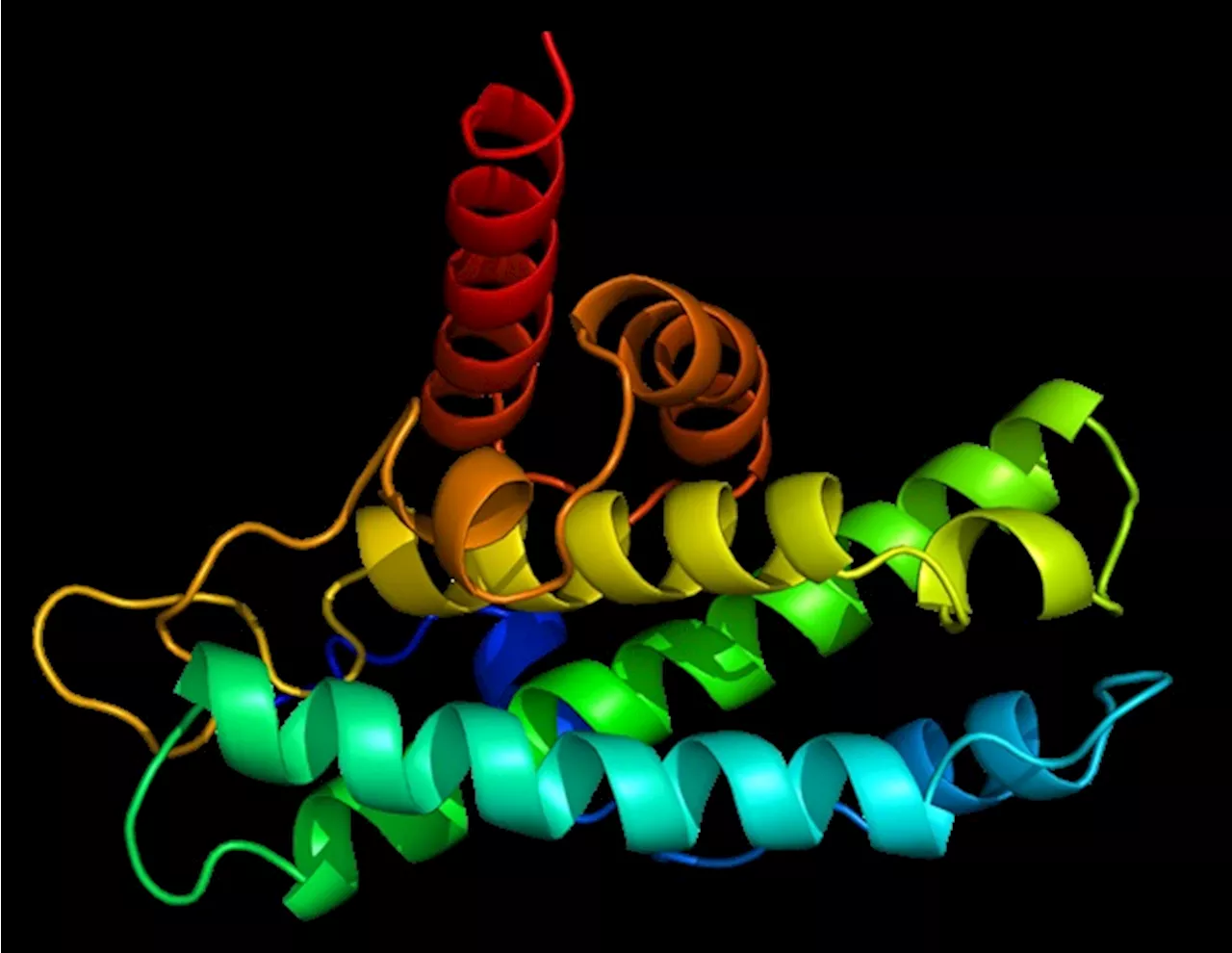 Researchers make breakthrough in understanding the role of tau protein in Alzheimer'sA research team at the University of Cologne has made a significant breakthrough in understanding the role of the tau protein in Alzheimer's disease.
Researchers make breakthrough in understanding the role of tau protein in Alzheimer'sA research team at the University of Cologne has made a significant breakthrough in understanding the role of the tau protein in Alzheimer's disease.
Read more »
